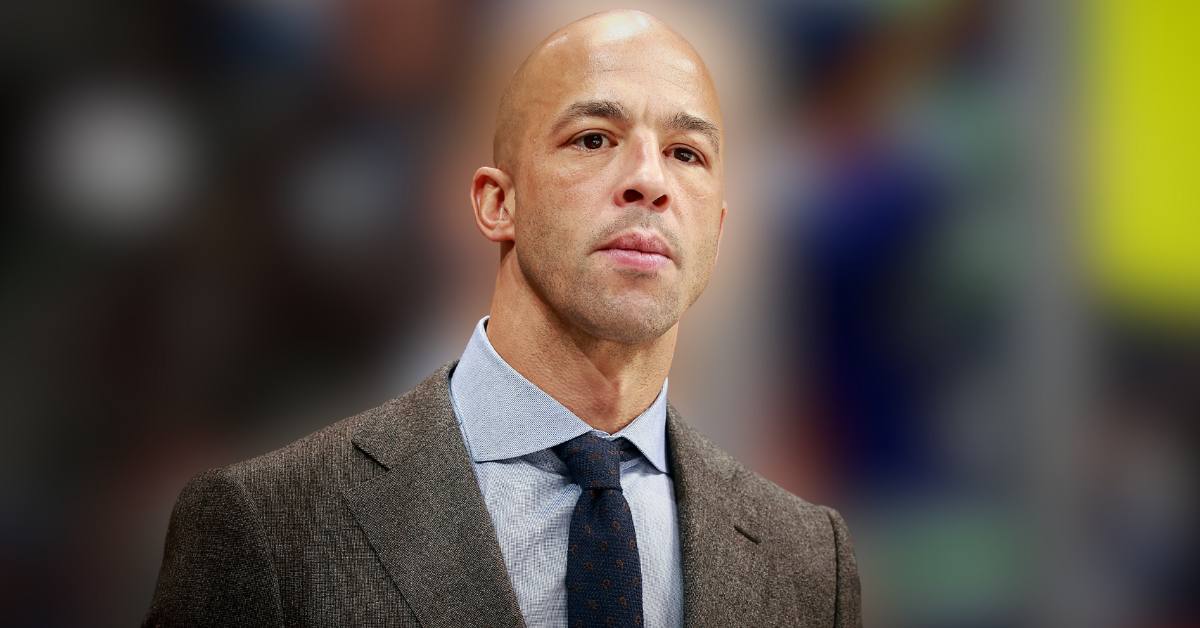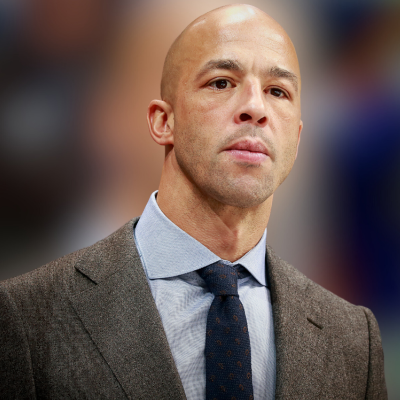When asked to be a National Champion for the Canadian Men’s Health Foundation (CMHF), I was honoured and motivated to help. I want to better educate myself about mental and physical health and be able to help others. That’s the simple mission of CMHF: to help men take control of their health and encourage small changes that have big impacts.
Taking care of my future health
One of my first tasks as a National Champion was to take Men’s Health Check for myself. It’s a simple tool designed to help assess your health risks. Taking time to evaluate my health gave me the opportunity to analyze what I’m doing on a daily basis to take care of myself, my nutrition, and my physical and mental health.
Why I still make fitness a priority
As a professional athlete playing in the NHL, my job was to stay in shape. Now, as a coach and a father of four kids, my approach to exercise is different.
I exercise in the mornings before work for 20 to 30 minutes. It benefits me not just physically but mentally, too. Exercise helps me start my day focused, grounded, and more productive.
Making time for exercise, however short, also helps me be a better dad. I want to set a good example for my kids and get them excited about being active. We make time to play together, whether that’s throwing a ball around at the park, shooting hoops, or getting out on the ice.
My advice on exercise is to find what you enjoy and be consistent with it.
Balancing nutrition
In transitioning from a player to a coach, I had to adapt my diet. I’m no longer getting hours of exercise daily, which means I don’t need as many calories, and I’m paying more attention to what I eat.
I’ve always loved food, but over time, I realized that what I chose to put in my body changed the way I felt and the way I was able to perform. Food is fuel, so quality matters. Nutrition really comes down to balance. I eat my fruits and veggies, but I will also have a cheeseburger without guilt.
Working on better sleep
I’ve never been a great sleeper. Whether on the road or at home with my family, getting 8 hours of sleep can be challenging. I know how important sleep is for health and performance, so it’s something I’m working on and want to improve.
Coaches’ hours are different than players’ hours, but I try to get a nap in when possible. On the nights I can get to bed at a decent hour and wake up without an alarm, I feel the difference throughout my day.
Lessons from life in the NHL
Being in the NHL is an absolute privilege. Everything is first class, from the travel to the meals. It’s a very good life that you have to work incredibly hard to achieve. It puts a lot of things into perspective, and you realize there’s not a lot to complain about in life.
When things weren’t going my way, I remember how temporary problems often are. I try to adapt and keep going. Even on difficult days, there’s always much to be thankful for. I focus on what I can control and let go of the rest.
What I learned from injury
I suffered an eye injury after being hit by a puck, and it challenged me physically, mentally and emotionally.
I had incredible people in my corner who helped me through setbacks and self-doubt. My wife, family, friends, and teammates provided support and helped make playing again a reality. I battled with uncertainty, not knowing if I’d ever play again. It was my wife, Joann, who motivated me to apply myself. The choice was to either let the injury overcome me and call it a career or try to make a comeback.
So, lean on the positive friends and family who support you. That, combined with your self-belief, focus and determination, can get you back to where you need to be.
The importance of building relationships
I’ve been fortunate to meet people in my career who were great examples. Teammates like Adam Graves and Dan Hamhuis helped me understand the balance between being a great hockey player and being a great person.
Relationships are one of the things I love about coaching. People learn differently, respond differently, and need to be motivated in different ways. A good coach cares about his players, adapts to individual needs, and builds trust.
I benefited from great coaches who helped me understand the game, and I try to do the same for the players I work with. Being in the NHL is all about learning, whether as a coach or a player, and I’m still learning new things all the time.
Hockey in the South Asian community
I realize the magnitude of being one of the first people of South Asian descent to be a professional hockey player and coach. It means a lot to the South Asian community to see someone who looks like me reaching these goals and taking on these respected positions.
My identity as a South Asian is important to me, as is my French-Canadian heritage, but those are two pieces of what makes me who I am. At the end of the day, all I’ve wanted to be is a good hockey player, now a good coach, and a good father and husband.
What health habits do you need to work on? Join the conversation below!
Are You at Risk?
Learn your risk level for the most common men’s health conditions in 10 minutes with a free, confidential, and personalized report.


Let’s Talk!
Did you enjoy this article? Let us know in the comments.
0 Comments